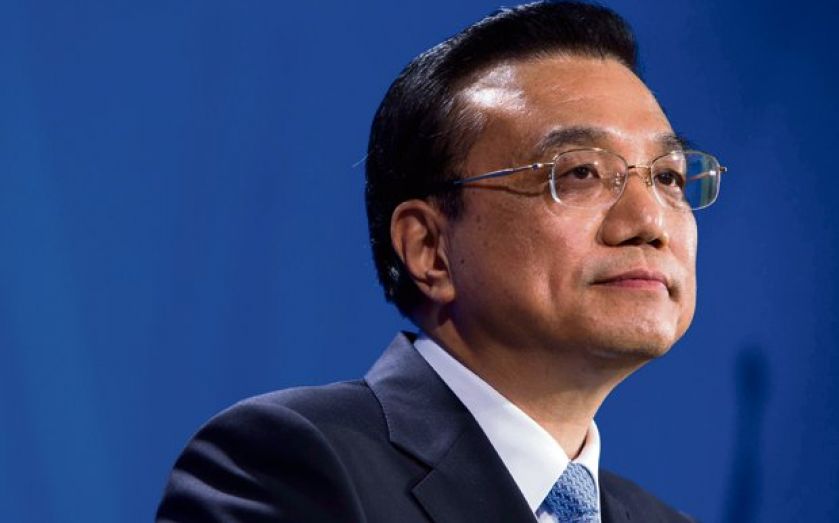The rise of the renminbi is a century-defining story – and London is at its heart

THIS has been a momentous year for UK-China relations and the development of London as a key centre for trading in the Chinese currency, the renminbi (RMB), outside China. This progress is partly inevitable, as London is the world’s most international financial centre, trading more dollars each day than the whole US, and twice as many euros as the Eurozone. And as the RMB has overtaken 13 currencies in three years to become the seventh most used currency for international payments, the latest figures suggest that more than half of offshore RMB trading now takes place in the UK. That is more than in all other RMB centres combined.
This progress has been boosted by our partnership with the private and public sectors. In June, George Osborne hosted Chinese Premier Li Keqiang at the first UK-China Financial Forum, and he welcomed the appointment of China Construction Bank in London as the first official RMB clearing bank outside Asia.
In September, I was delighted to attend the sixth UK-China Economic and Financial Dialogue, where the chancellor and Vice Premier Ma Kai agreed the broadest set of measures ever between our two countries. A few weeks later, the UK issued its own sovereign RMB bond, becoming the first western country to do so. Used to finance Britain’s reserves, the bond was hugely successful and oversubscribed, signalling the RMB’s potential as a reserve currency.
All this effort has led to increased integration of our financial sectors, across banking, asset management, and insurance. Yesterday, Industrial and Commercial Bank of China (ICBC) launched its new wholesale branch in London – the first bank branch to be established in the UK by a Mainland Chinese bank since the founding of the People’s Republic of China in 1949. This is a truly historic event and demonstrates the ever-closer cooperation on financial services between the UK and China.
International wholesale banking and cross-border banking activities are not only important to the UK’s continued success as a global banking hub, already home to over 250 foreign banks, but also to wider global prosperity and the efficient global allocation of capital. London is uniquely placed to support the deployment of China’s vast savings pool, and Chinese banks like ICBC – the largest bank in the world by capital and assets – have leading roles to play in this development.
Operating a branch alongside a subsidiary allows a bank to deploy its capital more efficiently, but it also presents challenges to regulators tasked with maintaining financial stability. The agreements reached between the Prudential Regulation Authority and the Chinese Banking Regulatory Commission on the recovery and resolution of Chinese bank branches were therefore an important and necessary step, and also show the close regulatory cooperation between our countries.
The rise of China’s currency is one of the greatest developments in international finance for a century. London is already at the forefront of this, and I am sure that the scope, depth, and flexibility of London’s financial markets hold the key to advancing China’s global financial integration. I hope to see many more Chinese financial institutions follow ICBC’s lead and come to London to be a part of the story.